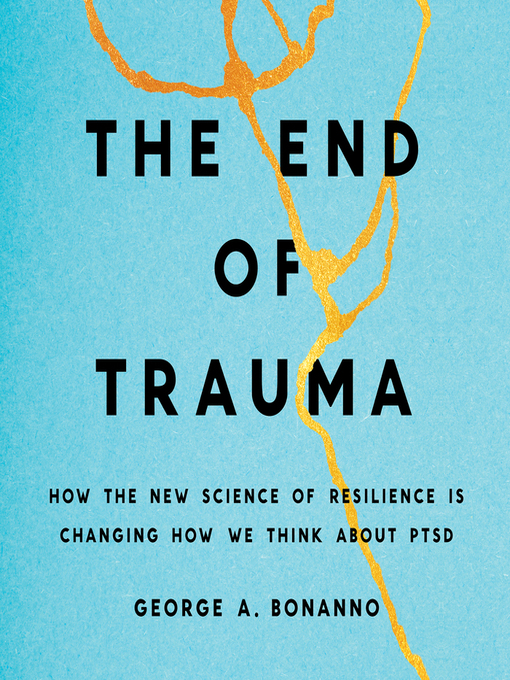A top expert on human trauma argues that we vastly overestimate how common PTSD is and fail to recognize how resilient people really are
After 9/11, mental health professionals flocked to New York to handle what everyone assumed would be a flood of trauma cases. Oddly, the flood never came.
In The End of Trauma, pioneering psychologist George A. Bonanno argues that we failed to predict the psychological response to 9/11 because most of what we understand about trauma is wrong. For starters, it's not nearly as common as we think. In fact, people are overwhelmingly resilient to adversity. What we often interpret as PTSD are signs of a natural process of learning how to deal with a specific situation. We can cope far more effectively if we understand how this process works. Drawing on four decades of research, Bonanno explains what makes us resilient, why we sometimes aren't, and how we can better handle traumatic stress.
Hopeful and humane, The End of Trauma overturns everything we thought we knew about how people respond to hardship.
- Arab American Heritage
- Easter & Lent 2025
- Passover 2025
- National Autism Awareness Month
- National Poetry Month 2025
- Earth Day 04/22/2025
- Library Love
- Financial Literacy
- Buried in the Garden: Garden, Farm, Flower Cozies
- New eBook additions
- Best Books of 2024
- In Memoriam 2024
- Healthy Eating Cookbooks
- See all ebooks collections
- Arab American Heritage
- Easter & Lent 2025
- National Autism Awareness Month
- National Poetry Month 2025
- Library Love
- Earth Day 04/22/2025
- Financial Literacy
- Buried in the Garden: Garden, Farm, Flower Cozies
- New audiobook additions
- Onyx Storm Read- Alikes
- Best Books of 2024
- In Memoriam 2024
- Coping With Stress & Anxiety
- See all audiobooks collections
- #ownvoices / Diverse Books
- Antiracism Resources
- Sheet Music & Song Books
- Bücher auf Deutsch / Books in German
- Civil Service Test Prep
- The Great Courses
- QuickReads Collection
- See all featured collections collections


